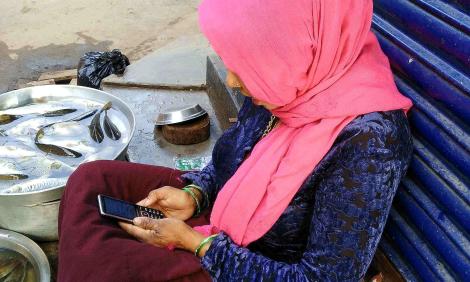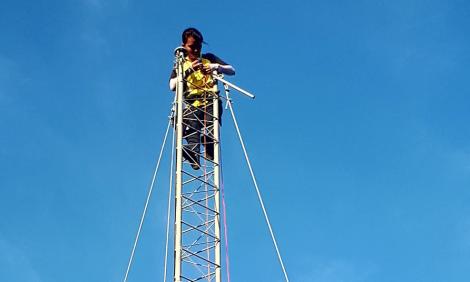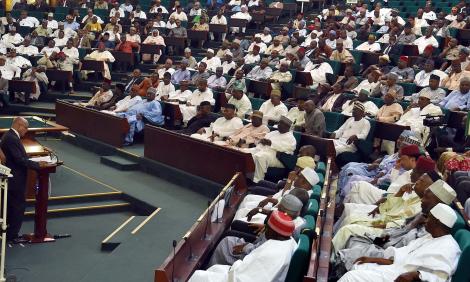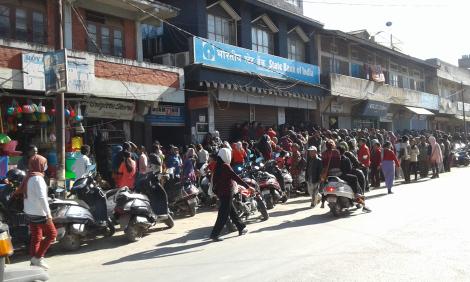In depth
“It made me despise the world of technology”: Interview with Iranian queer feminist Shadi Amin
By Shreya Ila Anasuya
Shadi Amin, an Iranian queer feminist and writer, became the victim of an online defamation campaign that left her with no recourse. The allegations of rape, abuse, bullying and money laundering wrecked Amin's life and in this interview with Shreya Ila Anasuya, Amin describes the ways in which the attack took place and what happened after.
In depth
How Tiktok is a platform for performance and play for women in Sri Lanka
By Sachini Perera
Tiktok is a wildly popular short video platform and has led to a myriad form of creative and playful expressions. This article explores the videos from Ceylon in relation to heteronormativity, gender, and how the boundaries between the personal and public are blurred.
In depth
Interview with Eva Blum-Dumontet, Privacy International
By Bianca Baldo
Privacy allows women and members of marginalised communities to create safe spaces of expression and makes available tools that challenge norms that restrict equality, access and control. Bianca Baldo interviews Eva Blum-Dumontet, one of the authors of the recent report from Privacy International on gender and privacy.
In depth
Privacy, Personhood and Identity in Surveillance Societies
By Upasana Bhattacharjee
Privacy was initially understood simply as the right to be left alone. The increasing use of internet, social media, surveillance and algorithmic processing has however shifted the meanings of privacy, and here we explore the conceptual understandings of privacy and its links to autonomy, human dignity and self-determination.
In depth
Use of social media in Manipur – Women lag behind in technological advancement
By Ninglun Hanghal
Access to the internet is finally a priority for companies and acknowledged as human right by governments. However the gender digital divide persists, and in this article we explore what uses women make of the internet in urban and rural parts of Manipur. Is this use limited to social media, what about the generation gap, and the rampant spread of election propaganda?
In depth
"Revenge Porn": 5 important reasons why we should not call it by that name
By Sophie Maddocks
This article sums up the different and important reasons why we should stop using the term "revenge porn" when describing certain kinds of violations online that entail the non-consensual taking and circulation of intimate images. Why does language matter and how does it shape our perceptions and responses? Sophie Maddocks tells us more, based on her extensive research and interviews with…
In depth
Observing a community network in the Philippines through a gendered lens
By Serene Lim
In this interview, Serene Lim dives deep into what are the gender implications of making a community network in a remote area of the Philippines - from tackling gender stereotypes to the distribution of labour of running a community network to the benefits of access for communities often overlooked by telecommunications companies.
In depth
Not too young to run: Politics, gender and social media in Nigeria
By Rishika Pardikar
Social media and technology is transforming democracy and particularly how voting takes place. In Nigeria a bill was proposed to lower the age of running for public office. Here are short interviews with candidates for public office and for the office of the President, including young women, and their take on Nigeria, representation of women, social meida and its role in politics and movements…
In depth
More than words. Investigating online discourse as a space of Gender-Based Violence
By Elena Pavan
Here are insights into research on online gender-based violence against women and other minorities - especially around sexual objectification, delegitimisation of public personas, non-conformity to gender stereotypes and idealised notions of womanhood. Elena Pavan shares also about doing research using data scraped from online public discourses and the key questions going forward.
Review
How internet shutdowns affect the lives of women in Manipur
By Ninglun Hanghal
What is the experience of living through frequent network shutdowns and bans on mobile internet in the context of Manipur, a region located northeast of India. This article reviews a report on shutdowns in the region, and explores the specific impacts on women, and more broadly on people living in a sensitive region.
























